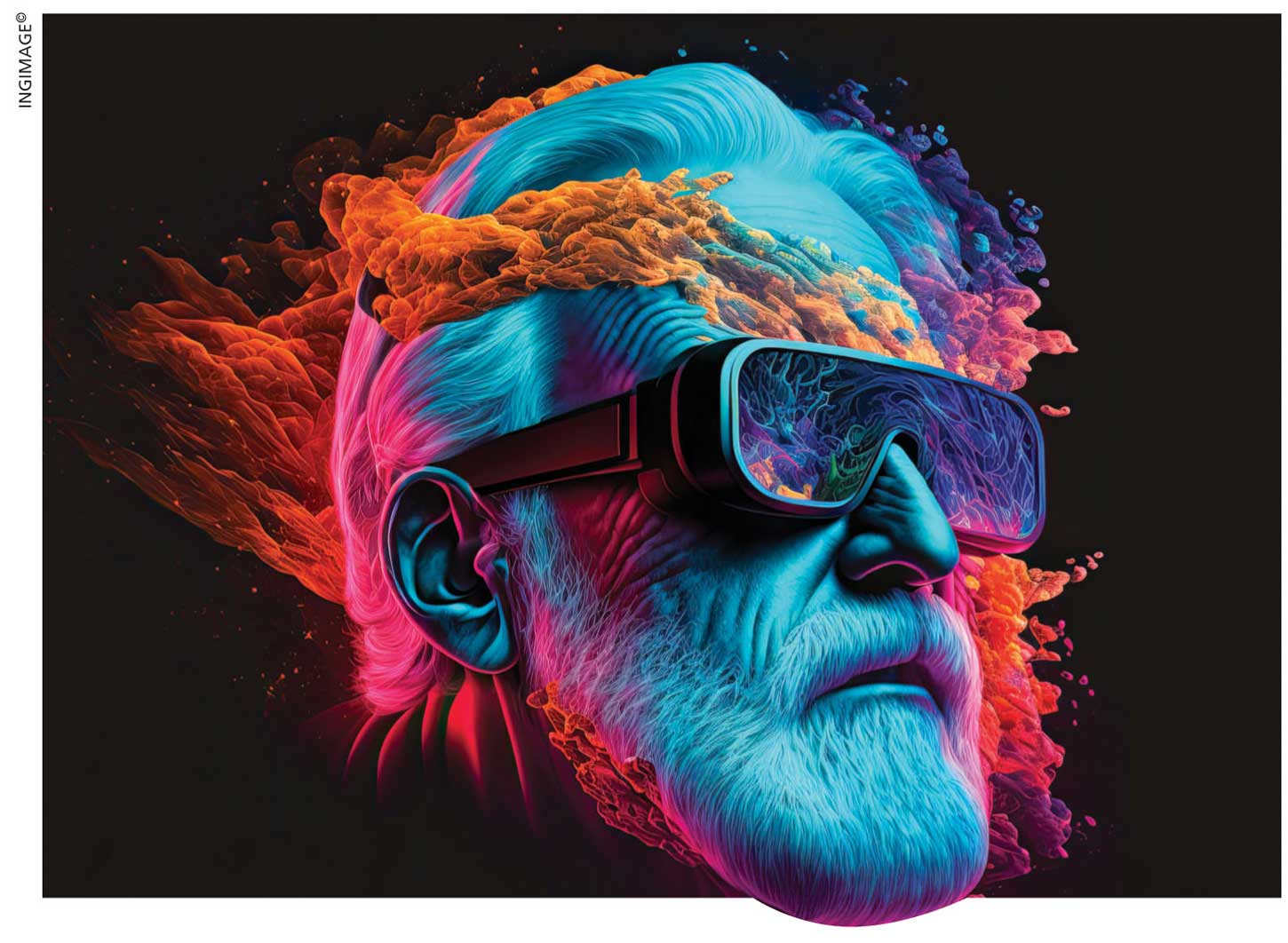THE SILVER GENERATION

BATTLING DIGITAL AGEISM
Age is not a number when it comes to technology – Ruwandi Perera
The UN has marked 12 August as International Youth Day to emphasise the need to promote intergenerational solidarity and break barriers that impact people based on age. It’s imperative that we don’t lose sight of the ‘once young’ segment too, since the adverse impacts of ageism will only keep increasing.
Battling ageism may not have the same impetus as fighting racism, sexism or religious discrimination… but the irreversible trend of population ageing needs to be addressed.
The UN says that the 65+ age segment will rise from 761 million in 2021 to 1.6 billion in 2050. And with fertility rates falling and medical advancements growing apace, the planet is going to be teeming with older people very soon.
This means that older adults will need more resources and account for a larger share of consumption expenditure – and obviously, there will be more technology usage in the future.
And yes, it’s already begun: older adults are quickly becoming masters in the art of scrolling. Endless hours on Facebook, long video calls with grandchildren and a never-ending series of forwards on WhatsApp every morning…
They seem to have the art of digital all worked out…
Yet, the rosy picture ends with entertainment, communication and gossip. For most older adults, simple online tasks such as hailing a cab, paying bills online, filling out banking slips and shopping aren’t as easy as they are for younger folk.
Digital apps help keep costs down, which is why they keep driving customers to shop, pay and reach out online. And users find that getting things done through an app is easier, faster, and less stressful and costly.
However, a portion of society finds this concept alien.
What millennials and Gen Z consider normal – such as having a digital footprint, preferring digital assistants over human-centric services and being empowered by screens – are often barriers for the Silent Generation, Baby Boomers and even some Gen Xs.
And this makes life difficult for them, especially if they’re independent and want to remain so.
For instance, think of a road accident. Many insurance companies want you to take pictures of the damage and send them over for an assessment. While this may be a blessing for younger adults, it’s a curse for older people who could feel like they are being pushed from the frying pan into the fire.
If older adults in the workforce – or who are running their own business – aren’t digitally empowered by technology, their work and businesses won’t be particularly efficient. And the final verdict for inefficient labour during an economic crisis won’t be gentle.
The challenge to be digitally empowered is fuelled by several factors that include not having a smartphone, poor hand-eye coordination or deteriorating eyesight. All these factors lead to behavioural imbalances in society such as a lack of digital engagement by older adults to psychological issues that include anxiety, depression, mood swings and anhedonia – i.e. not being interested in the things that once interested you such as driving or even hobbies like photography.
And today, with AI turning life as we know it upside down, this digital divide is only getting worse.
In addition to not being able to use simple technologies such as ride hailing apps and online shopping carts, which are becoming the norm today, many older adults are also deprived of enhancing their lives through technology because they lack the necessary skills.
For example, those of the older generation who have limited motoring skills, challenges in cognitive capabilities and impaired vision – and lack the algorithm savviness of their younger counterparts – will find that technology is an unattainable pot of gold.
Yet, the solution to these problems also lies with technology.
Since artificial intelligence is developing at the speed of light, there’s hope for the fight against ageism – and perhaps the battle against ageing too. There’s so much that AI will eventually be able to do for older people such as helping them become digitally empowered and use technology to manage their health.
AI could also be a helpful assistant that supports and enables them to lead their lives independently without having to seek help. In addition to tech advancements, the user experience must increase as well. Regardless of age, everyone needs to be able to access technology.
So will millennials, Zoomers and future Alphas be able to advance technology for Baby Boomers? Will the ‘todays’ be able to create ‘tomorrows’ for the ‘yesterdays’?
Let’s hope so.





